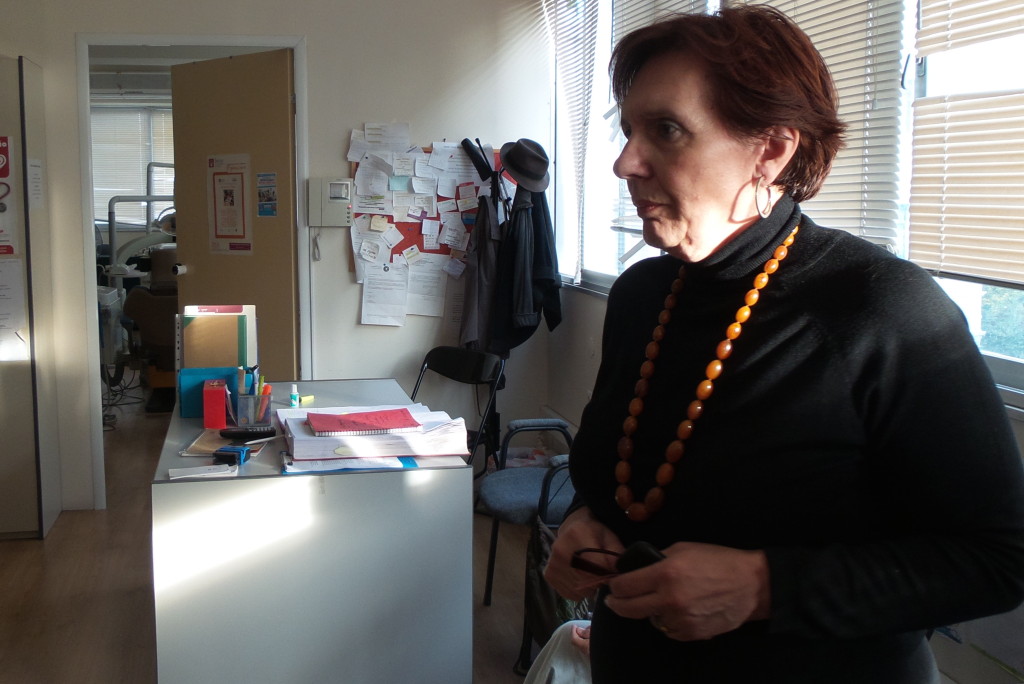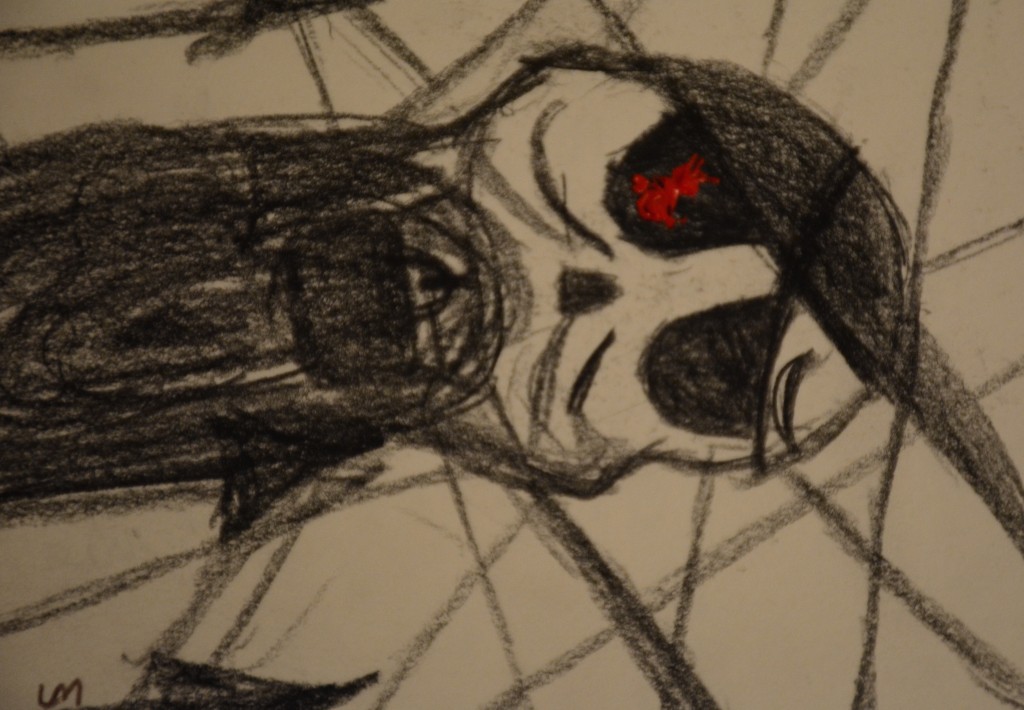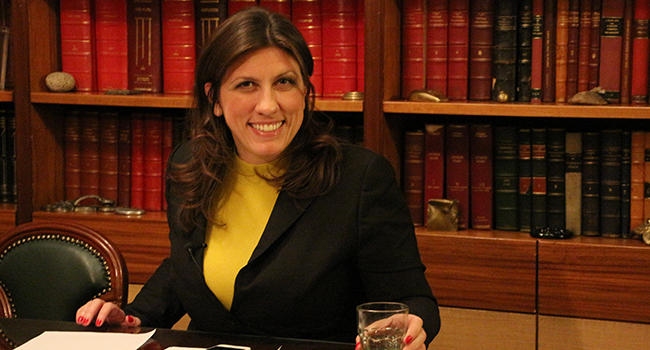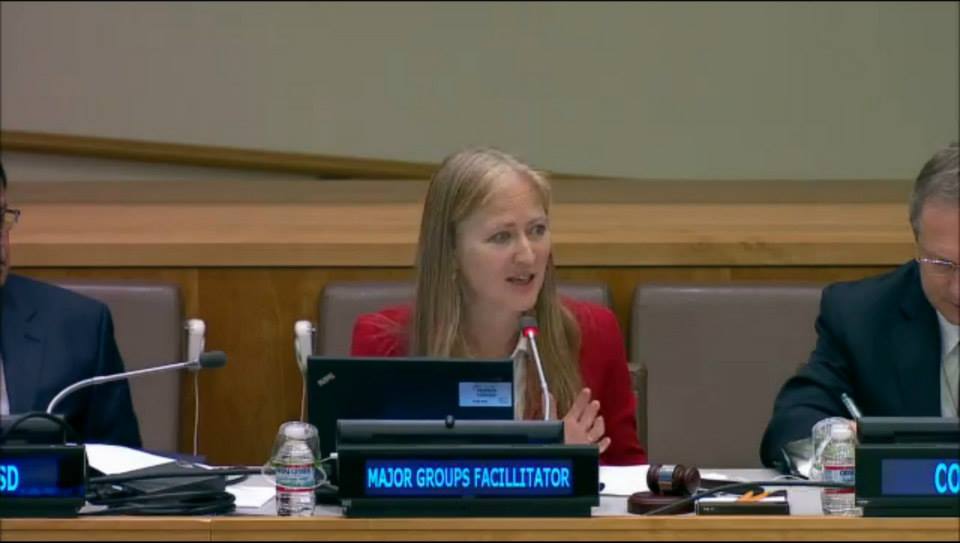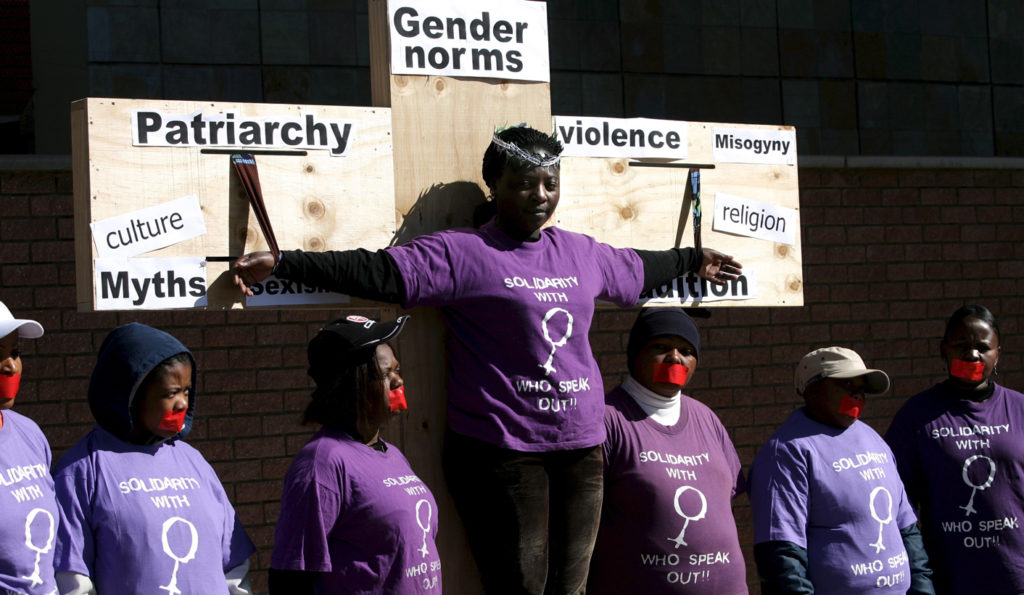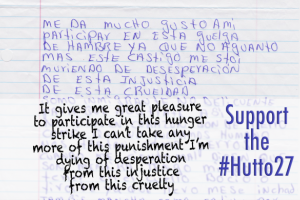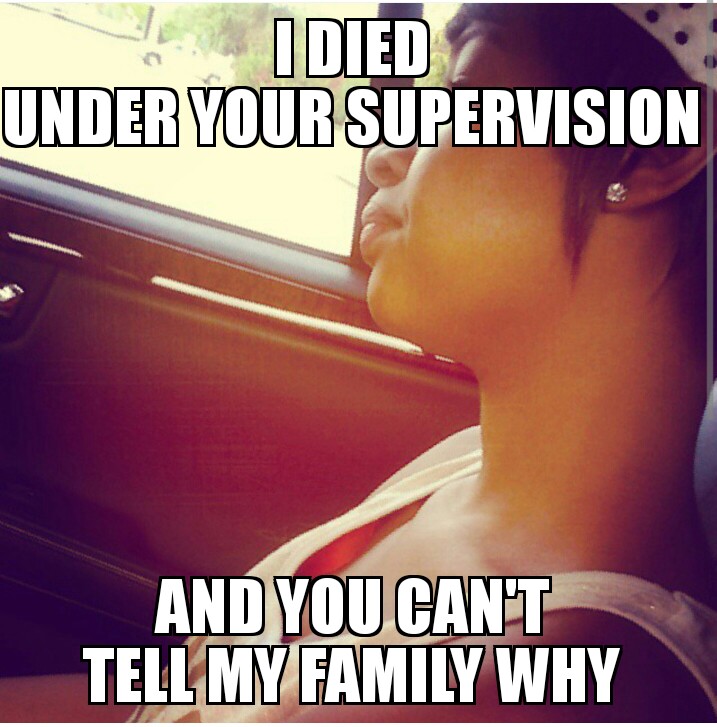
Last week, a sixteen-year-old girl named Gynnya McMillen died in her cell at a juvenile detention center in Elizabethtown, KY. Her family wants answers, and the State of Kentucky remains silent.
An initial autopsy shows no “outward signs” or bruising, and no conclusive cause of death. The State says more information will be available in a few weeks. Gynnya was there for only one day.
The State declares as a matter-of-fact: the autopsy results will take weeks. Do not ask anything else until then. Meanwhile, time drags on for Gynnya McMillen’s family, who struggle with the trauma of losing Gynnya and the lack of even the most basic information surrounding her death.
It is unclear exactly why Gynnya McMillen was in custody at the Lincoln Village Youth Development and Regional Juvenile Detention Center. A police department spokesperson said she was the “perpetrator” in a domestic dispute with her parents. It is unclear what circumstances led up to her death in that facility.
What is clear is that Gynnya McMillen spent time years before in a center for kids in crisis. Gynnya needed help then, and she needed help when the Kentucky Department of Corrections put her in its custody last week. Now, Gynnya McMillen is dead.
A spokesperson for the Kentucky Department of Corrections wants you to know that Gynnya McMillen is the first juvenile death in a Kentucky juvenile center since 1999. Lincoln Village’s website boasts the opportunities it provides for its children inmates, including “continuous supervision.”
Under the “continuous supervision” of Kentucky and all its opportunities, Gynnya McMillen died in a day.
Her name was Gynnya McMillen. She joins the list of women and girls, many Black, who wind up dead under “care” of the State. Her family deserves answers. We all deserve answers.
For updates and to get involved, follow Justice for Gynnya McMillen.
(Photo Credit: Facebook / Justice for Gynnya McMillen)

